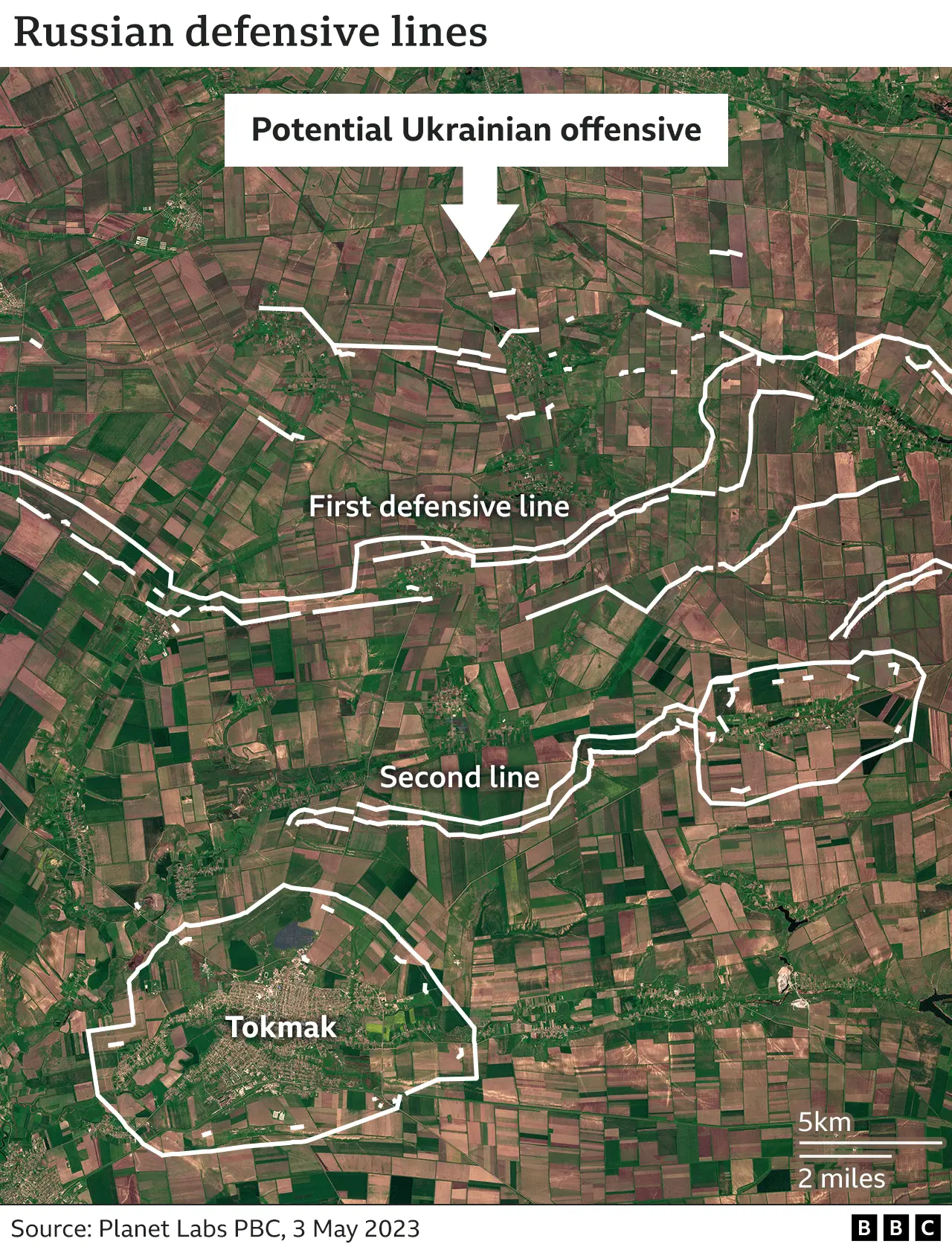As tensions between Ukraine and Russia continue to escalate, the world watches with bated breath, hoping for a resolution that could bring peace to the region. The conflict has drawn in global powers, with allies of both nations playing significant roles in shaping the dynamics of this geopolitical struggle. Despite occasional gestures of goodwill, such as the recent 'Easter truce,' the situation remains precarious.
The announcement of an 'Easter truce' by Russian President Vladimir Putin was met with skepticism and hope in equal measure. As the ceasefire came into effect, both sides accused each other of breaking the fragile peace, raising questions about the sincerity of these gestures. Meanwhile, the impact of the war extends far beyond the borders of Ukraine and Russia, affecting global markets and food supplies, particularly in developing regions like Africa.
Russian Military Activities and Cyber Threats
A notorious Russian military unit has been identified by Germany as being behind a series of cyber-attacks targeting Ukrainian allies globally. These attacks are aimed at disrupting aid efforts to Ukraine, further complicating international responses to the crisis. Germany's warning reflects growing concerns within Europe about potential Russian interference since the onset of the war. Such actions have heightened tensions and underscored the need for robust cybersecurity measures among NATO and EU member states.
Cyber warfare has become an integral part of modern conflicts, and the involvement of Russian military units in these operations highlights the strategic importance they place on digital warfare. By targeting critical infrastructure and communication networks, these cyber-attacks seek to weaken the resolve of Ukraine's supporters. This development calls for increased collaboration among Western nations to counteract such threats effectively.
In response to these challenges, European countries are enhancing their cyber defense capabilities while advocating for stronger international norms governing cyberspace. The ongoing battle in cyberspace underscores the complexity of modern warfare, where battles are fought not only on physical terrains but also in virtual domains. This multifaceted approach requires comprehensive strategies to protect national interests and maintain global stability.
Putin's Announcement and Diplomatic Stances
Russian President Vladimir Putin declared a temporary Easter truce in the conflict with Ukraine, signaling a momentary pause in hostilities. However, this gesture was accompanied by assertions of Russia's readiness for fair negotiations towards resolving the conflict. Putin welcomed diplomatic efforts from various global powers, including the US and China, indicating openness to dialogue. Simultaneously, he accused Ukraine of numerous attacks on Russian energy infrastructure, justifying retaliatory actions.
This dual approach by Putin reflects a complex strategy aimed at balancing military pressure with diplomatic engagement. While expressing willingness to negotiate, his accusations against Ukraine highlight ongoing security concerns for Russia. Such contradictory statements complicate peace prospects, leaving observers uncertain about the genuine intent behind these moves. As international mediators attempt to facilitate talks, understanding these nuances becomes crucial for advancing meaningful discussions.
The expiration of the Easter ceasefire without substantial progress raises doubts about the effectiveness of short-term truces in achieving lasting peace. Moving forward, sustained commitment from all parties involved will be essential to address underlying issues fueling the conflict. Establishing trust through transparent actions and mutual respect can pave the way for constructive negotiations leading to a peaceful resolution.
Global Reactions and Implications
The war in Ukraine continues to dominate global headlines, with updates highlighting the volatile nature of the conflict. Both Ukraine and Russia have traded accusations regarding breaches of the Easter truce, casting shadows over upcoming diplomatic discussions in London. Analysts suggest that while temporary ceasefires provide brief respite, they rarely lead to long-term solutions unless supported by substantive negotiations. This reality emphasizes the urgency of finding common ground between conflicting parties.
Meanwhile, African leaders have voiced concerns about the adverse effects of the Ukraine conflict on their continent. Food shortages exacerbated by Moscow's military campaign and subsequent sanctions have left many African nations vulnerable. AU head Macky Sall urged Putin to consider the plight of Africans suffering due to disrupted supply chains. His appeal underscores the interconnectedness of global economies and the ripple effects of regional conflicts on distant shores.
As the situation evolves, maintaining focus on humanitarian aspects remains vital. Ensuring steady food supplies and addressing economic disruptions caused by the war are critical priorities for international organizations and donor countries. Collaborative efforts to mitigate these impacts can help alleviate suffering while fostering conditions conducive to peacebuilding initiatives in the affected regions.

